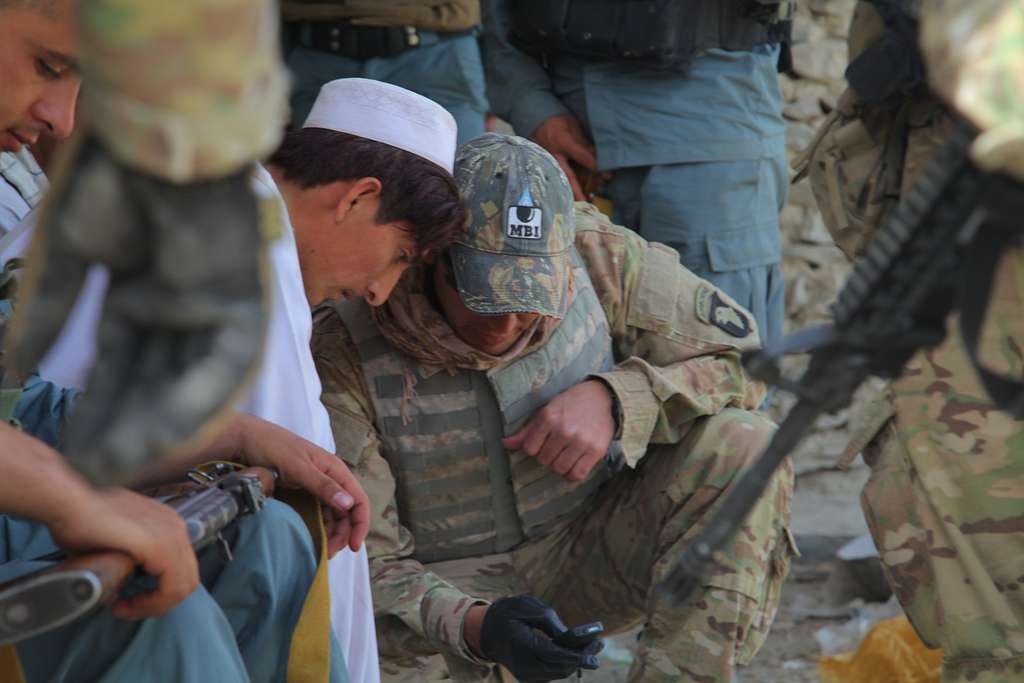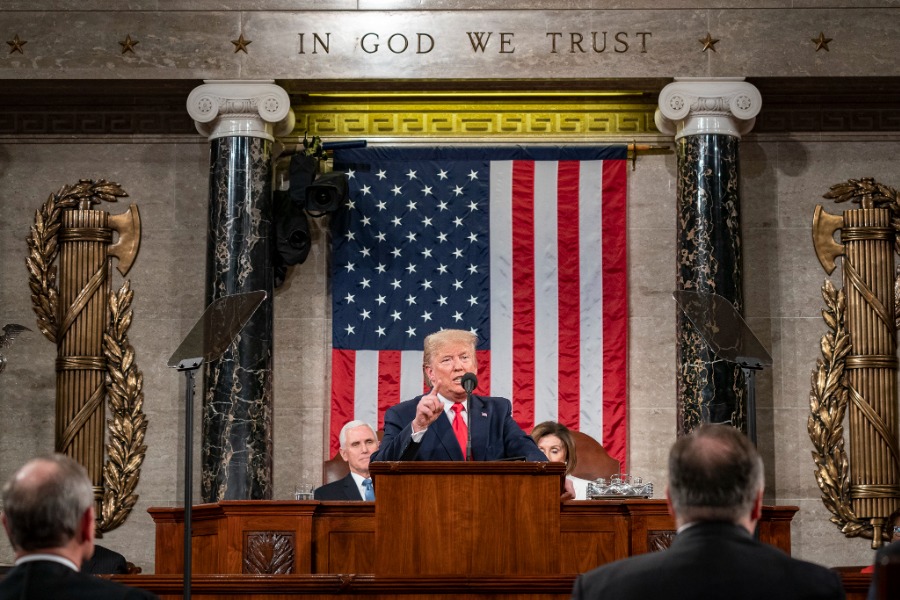Further Reflections on the Legal Rationale For Using Force Against the Islamic State
Published by The Lawfare Institute
in Cooperation With

I had a pretty harsh reaction to the administration’s claim that Congress in the 2001 AUMF authorized force against ISIS in Iraq and Syria. (For a different view, see Marty Lederman’s post.) While I think the administration’s interpretation of the 2001 AUMF is unconvincing, I do not believe (as Bruce Ackerman appears to say today in the NYT) that military action against the Islamic State—to date or in the future—is unlawful under the Constitution. The reason, as I have explained before, is that the President is acting in self-defense of the nation. While I believe it is highly prudent to seek authorization from Congress in this circumstance, doing so is not compelled by the Constitution. (For a collection of the many precedents in support of this view, see this OLC opinion from September 25, 2001.)
Why, then, didn’t the President simply continue to rely on Article II as he has all summer? It is impossible to tell from the outside, but one reason may have been the War Powers Resolution. If Article II is the basis for the use of force (as all of this summer’s seven Iraq WPR letters proclaimed), then under the WPR the administration had a duty to cease the use of force after 60 (or 90) days. The administration could have avoided this result by arguing—unpersuasively, in my view—that the United States was not engaged in “hostilities” or that each mission was a discrete and complete event. Or it could avoid the WPR’s clock by arguing that Congress has authorized the war (see Section 5(b) of the WPR). So by arguing that the AUMF is the basis for the use of force in Iraq and Syria, the administration made its WPR problems go away.
If this interpretation of administration motivations is even partially right, it is surely the largest impact on presidential decisionmaking the WPR has ever had. So my objection to the Islamic State AUMF gambit is not that it is illegal in the sense that the use of force is illegal (because Article II remains in the background). The objection is that the President who wanted to cabin the AUMF, and who had the opportunity to put the United States on a more focused and responsible legal path for fighting Islamic terrorists, has instead stretched the AUMF beyond all recognition and probably ensured that it will be the legal basis for war against Islamist terrorists for quite a while to come. (Even if Congress ultimately authorizes force, the interpretation of the AUMF for the interim period will stand as a precedent.)
I have heard from a lot of people that the President would like to receive authorization from Congress but that Congress is too dysfunctional to give it to him. I don’t buy it. When the national security is threatened, Presidents who try hard enough get the support they need from Congress, even when (as is not really the case here) the use of force is controversial, get Congress's support. Indeed, both of the last two uses of force for military action in Iraq—in 1990 and 2002—were controversial and were made possible only after enormous and risky political efforts by the two Bush White Houses.
There is talk about Congress soon authorizing appropriations for some sort of action in Syria—perhaps training rebels, perhaps something more. This is a potentially important legal event, because in some circumstances appropriations for armed conflict can constitute authorization for armed conflict. Moreover, even though the WPR says in Section 8(a) that “authority to introduce United States Armed Forces into hostilities . . . shall not be inferred . . . from any provision of law . . . , including any provision contained in any appropriation Act,” (emphasis added) the Executive branch in this OLC opinion for Kosovo has interpreted a later-in-time appropriation to supersede the WPR construction rule. The Kosovo OLC opinion contains a discussion of the main precedents related to when and to what extent appropriations count as war authorizations, as well as the Executive branch’s view of these precedents. It should be consulted closely by Congress when drafting the appropriation in question to ensure that Congress achieves what it aims to achieve. (For my analysis of the significance of this OLC opinion for last year’s debate on Syria, see here.)





